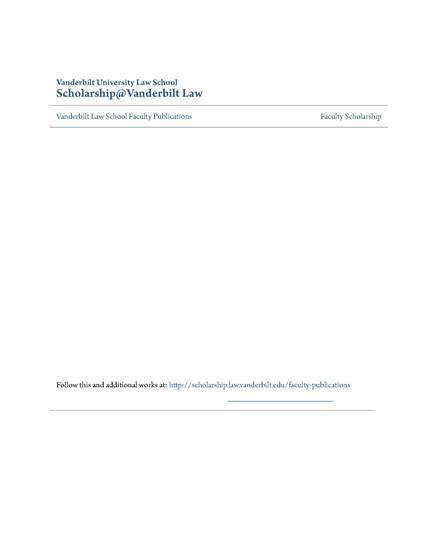
- mental states,
- criminal law,
- Model Penal Code,
- punishment,
- sentencing,
- mens rea,
- law and psychology
Because punishable guilt requires that bad thoughts accompany bad acts, the Model Penal Code (MPC) typically requires that jurors infer the past mental state of a criminal defendant. More specifically, jurors must sort that mental state into one of four specific categories - purposeful, knowing, reckless, or negligent - which in turn defines the nature of the crime and the extent of the punishment. The MPC therefore assumes that ordinary people naturally sort mental states into these four categories with a high degree of accuracy, or at least can reliably do so when properly instructed. It also assumes that ordinary people will order these categories of mental state, by increasing amount of punishment, in the same severity hierarchy that the MPC prescribes.
The MPC, now turning 50 years old, has previously escaped the scrutiny of comprehensive empirical research on these assumptions underlying its culpability architecture. Our new empirical studies, reported here, find that most of the mens rea assumptions embedded in the MPC are reasonably accurate as a behavioral matter. Even without the aid of the MPC definitions, subjects were able to regularly and accurately distinguish among purposeful, negligent, and blameless conduct. Nevertheless, our subjects failed to distinguish reliably between knowing and reckless conduct. This failure can have significant sentencing consequences in some types of crimes, especially homicide.
Available at: http://works.bepress.com/owen-jones/31/
